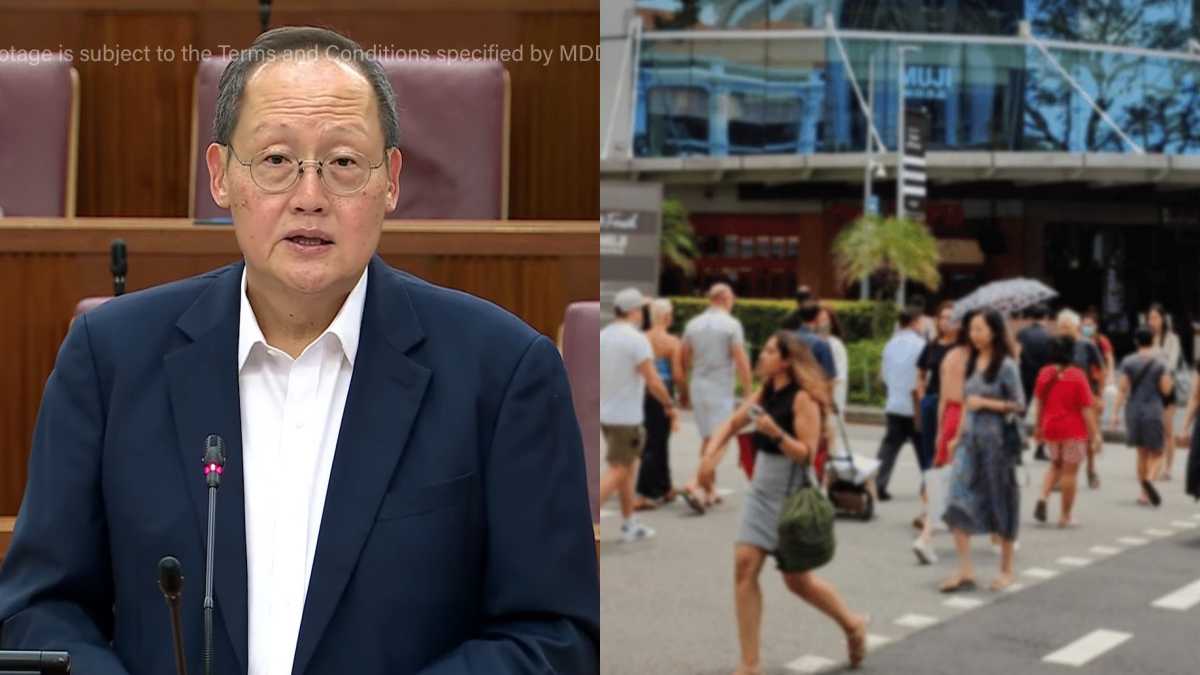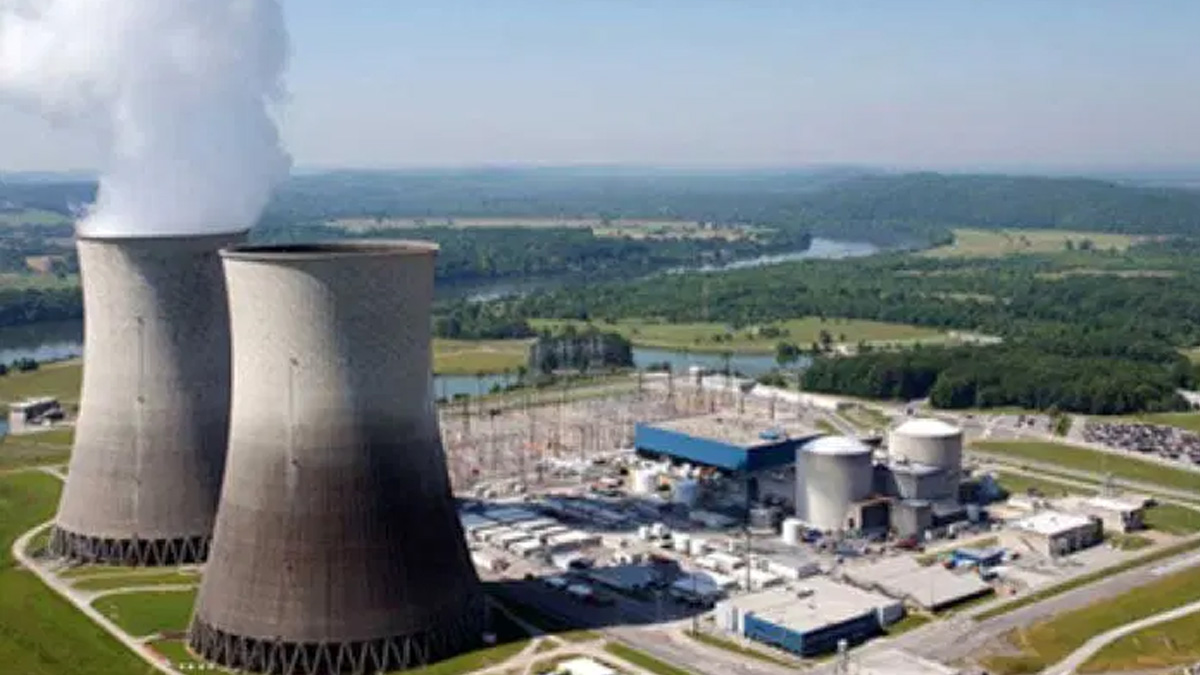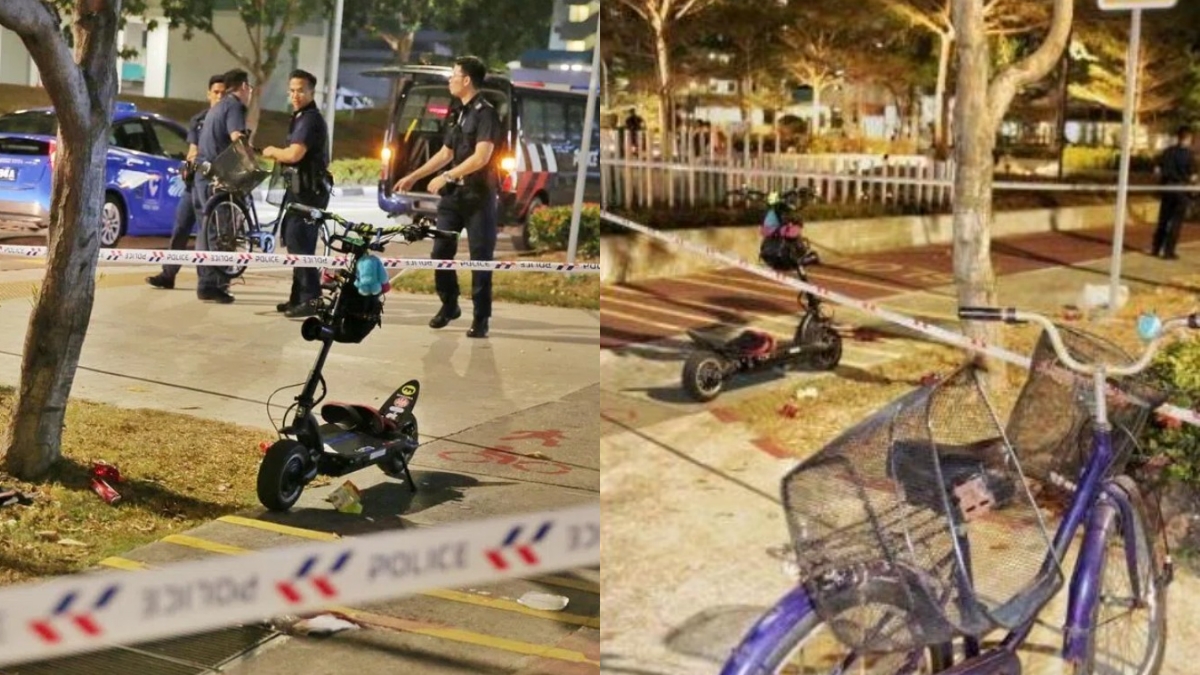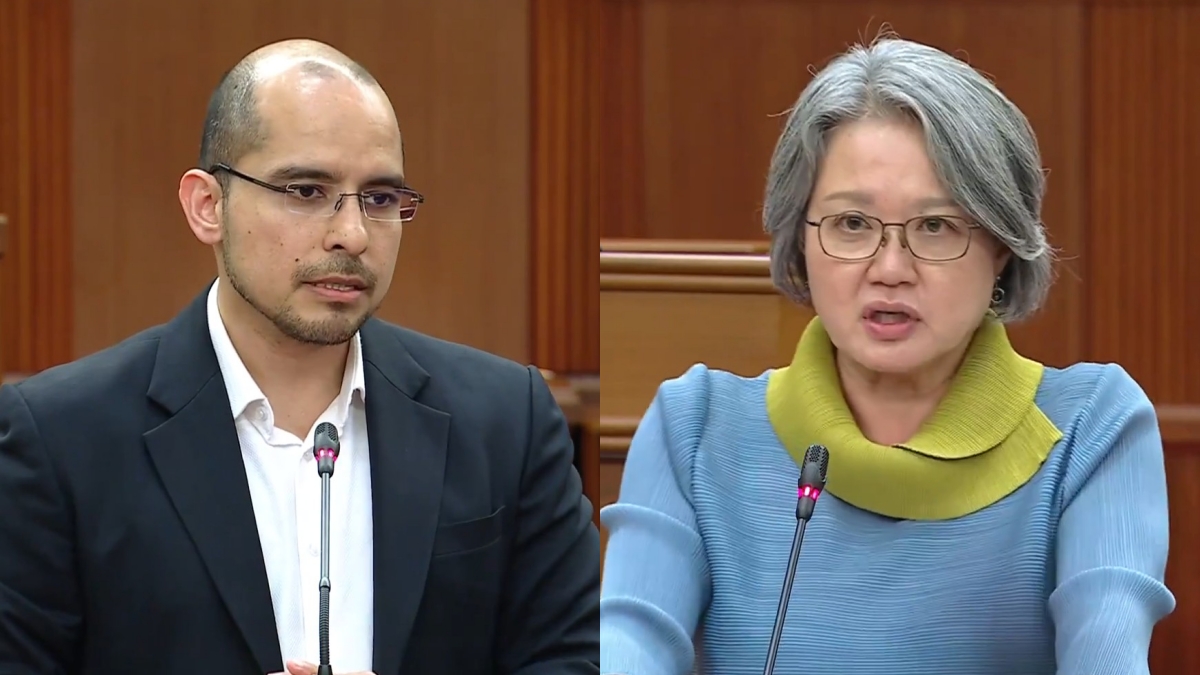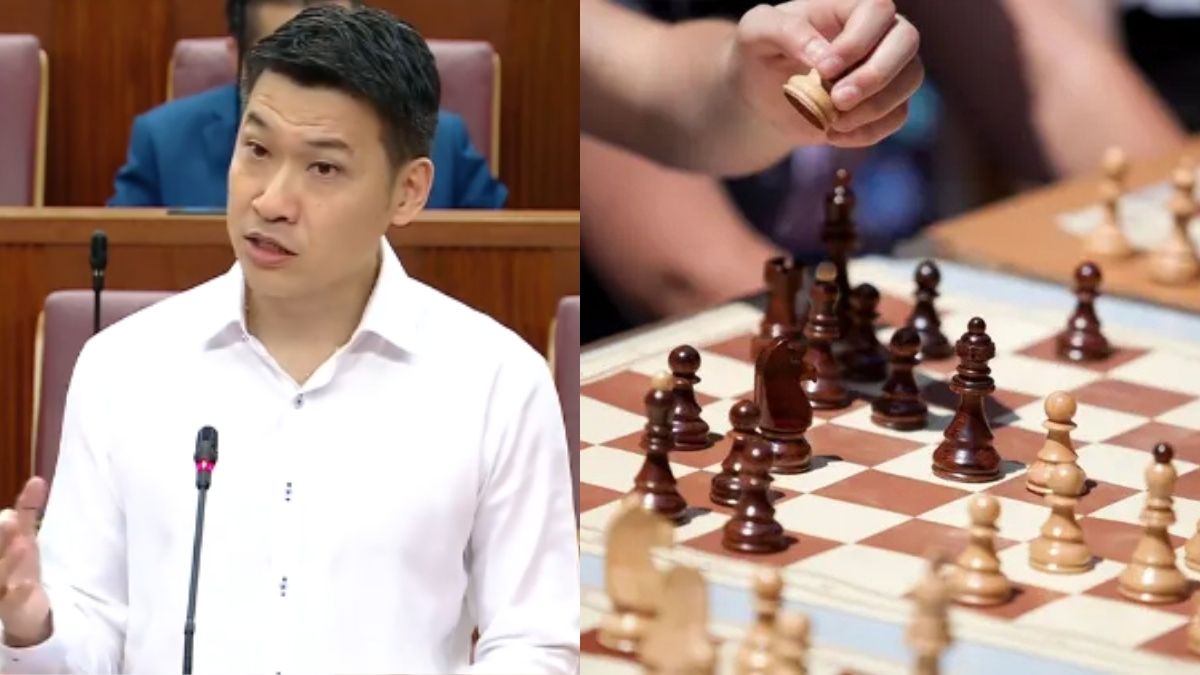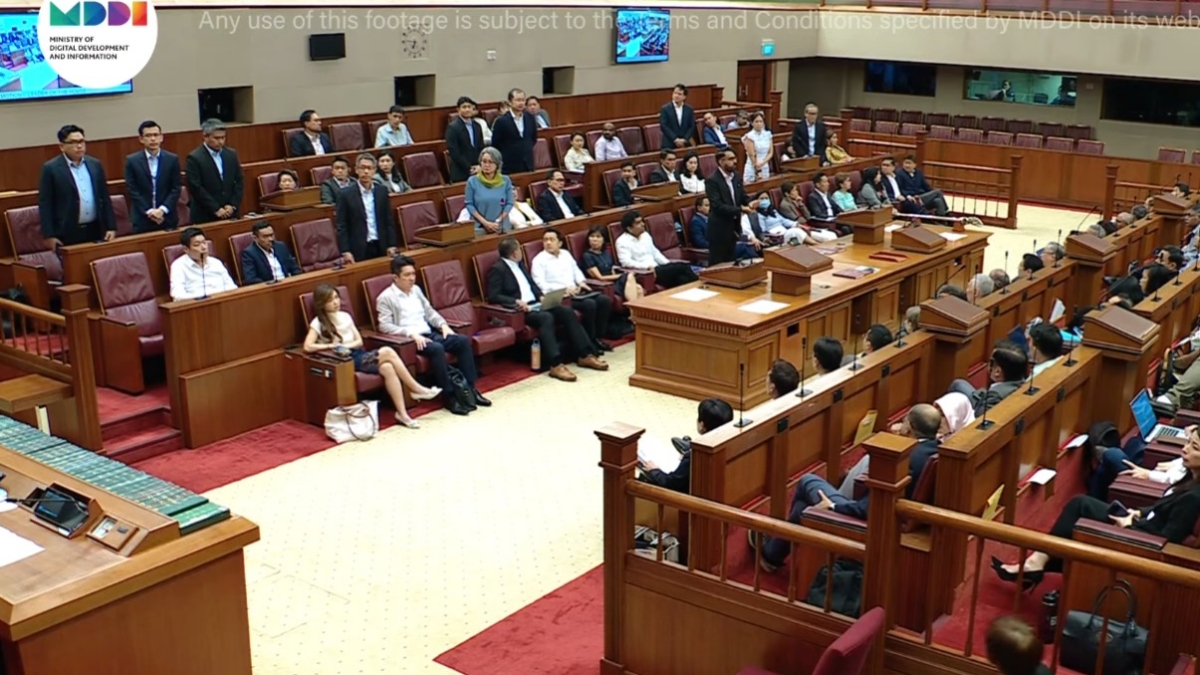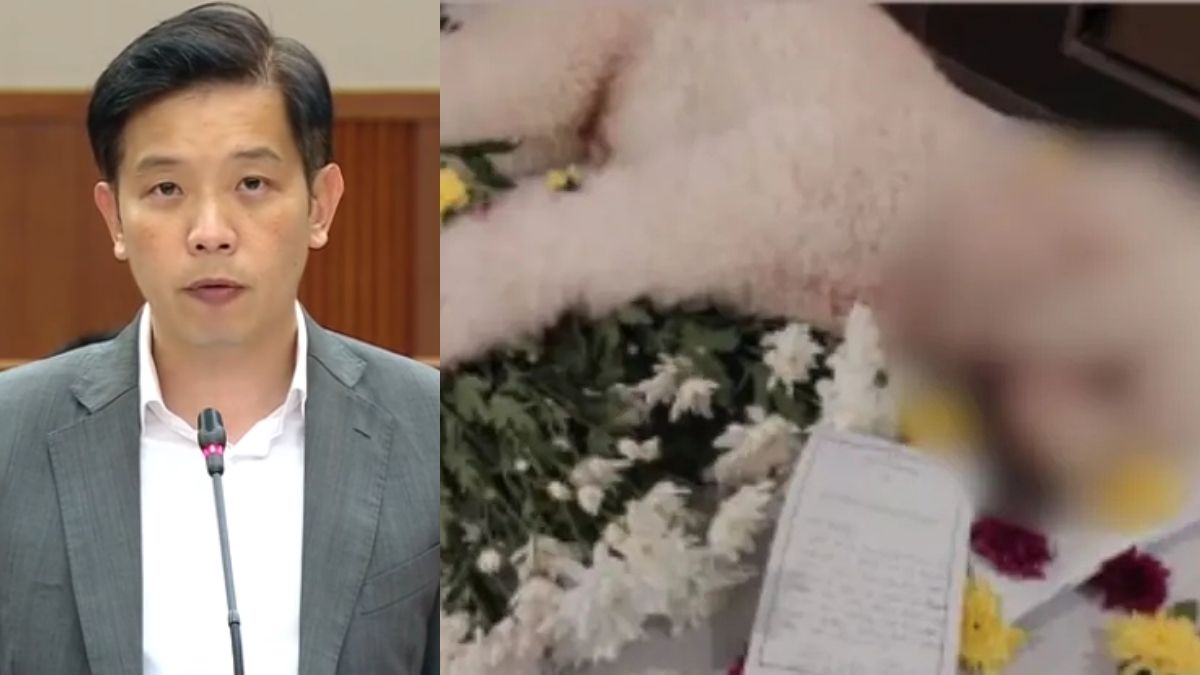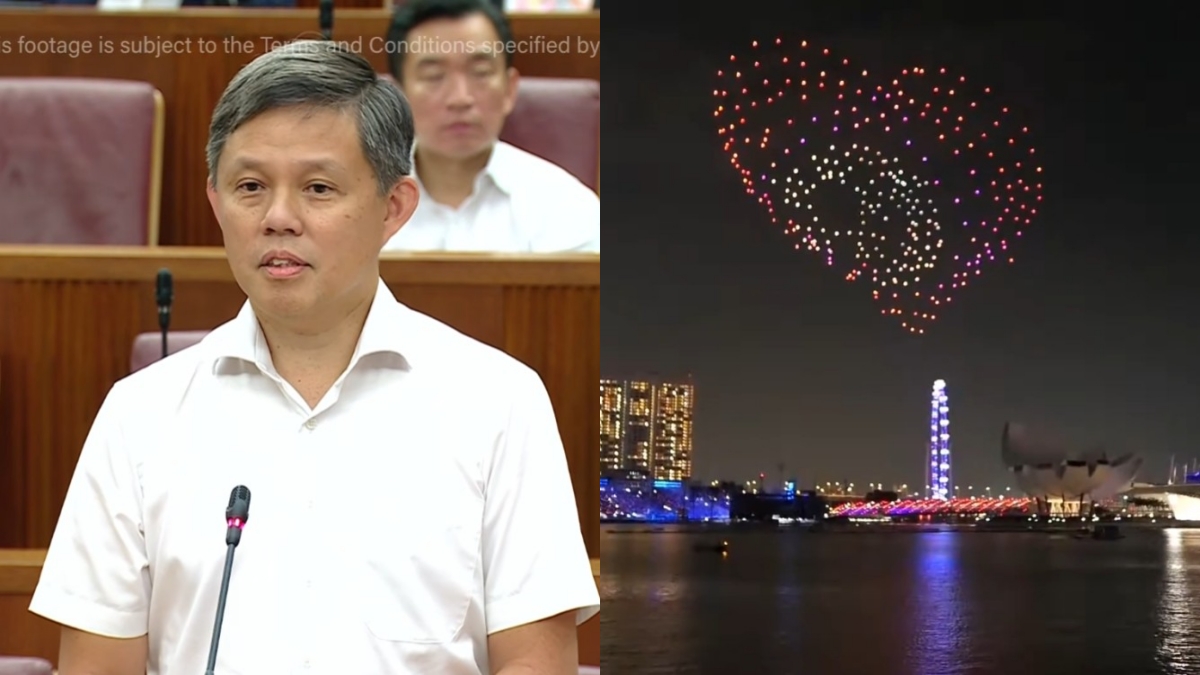Tan See Leng: Singapore enhances public education on nuclear energy as regional interest grows
Singapore will enhance public education on nuclear energy as it explores its feasibility as a low-carbon option. Minister-in-Charge of Energy, Science and Technology Tan See Leng told Parliament that studies led by Mott MacDonald are evaluating advanced technologies, while regional neighbours pursue varied nuclear ambitions.
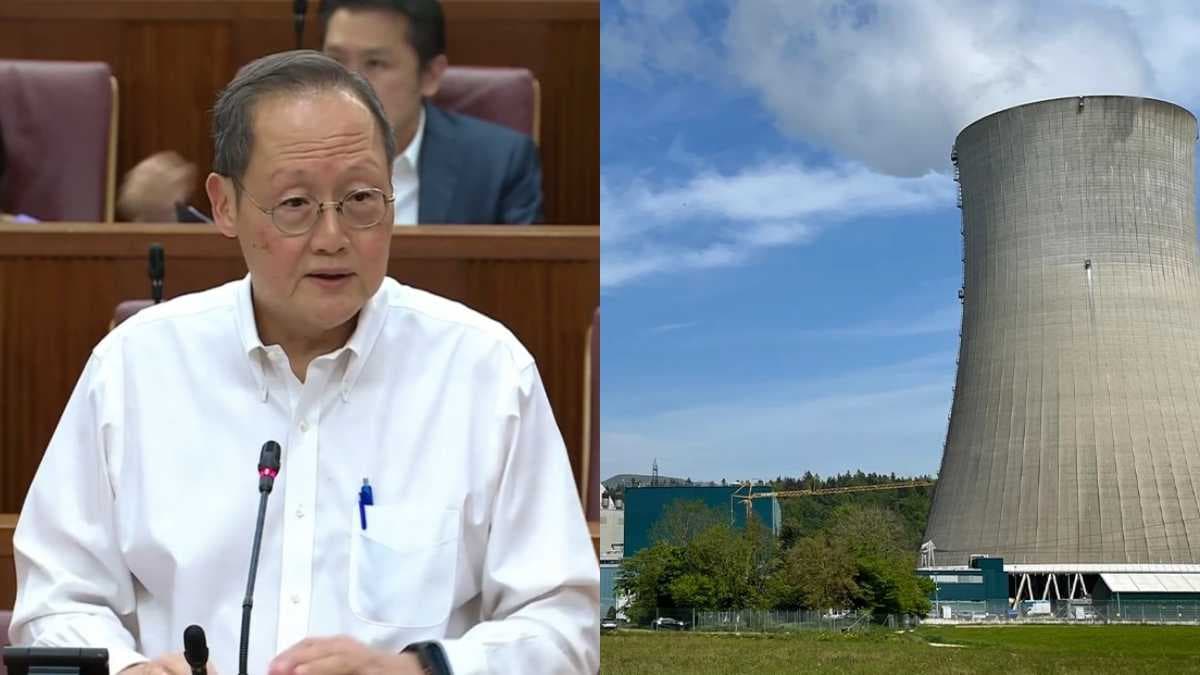
- Singapore will intensify public education on nuclear energy, covering its risks, benefits, and technological advances.
- Feasibility studies by British firm Mott MacDonald are underway to assess advanced nuclear options.
- Regional neighbours are advancing nuclear plans, but their timelines and readiness remain unclear.
Singapore will expand efforts to educate the public about nuclear energy, highlighting both its potential benefits and inherent risks, said Minister-in-Charge of Energy, Science and Technology Tan See Leng on 6 November 2025.
He told Parliament that the government aims to provide balanced information on nuclear energy’s safety enhancements, especially with emerging technologies such as small modular reactors (SMRs) and Generation IV designs.
Feasibility studies underway on advanced nuclear options
Singapore has not yet decided whether to adopt nuclear energy, but feasibility studies are in progress. British engineering firm Mott MacDonald has been appointed to evaluate advanced nuclear technologies that could suit Singapore’s conditions.
According to Tan, the Energy Market Authority (EMA) is assessing the feasibility of advanced options, while the National Environment Agency oversees nuclear safety and regulatory safeguards.
“The studies will help us understand which technologies are safe, efficient, and suitable for Singapore’s energy mix,” Tan said.
Regional nuclear ambitions create mixed landscape
Responding to a question from Leader of the Opposition Pritam Singh, Tan said it is “very difficult” for Singapore to comment on the progress of neighbouring countries’ nuclear programmes, as much of the information remains limited or unverified.
He noted that Singapore is working with international agencies, including the International Atomic Energy Agency (IAEA), to “triangulate” available data and better understand regional developments.
“We have heard anecdotal announcements that there could be potential sitings 500 kilometres south of us,” he said, referring to possible projects in Kalimantan and other parts of Indonesia.
While several Southeast Asian countries have announced ambitions for nuclear power, Tan emphasised that few have disclosed firm timelines or technology choices.
Regional plans still lack clarity and transparency
Malaysia, for instance, aims to include nuclear energy in its power generation mix by 2031, according to Bernama. The Jakarta Globe reported in June that Indonesia plans to commission its first nuclear power plant by 2034.
In the Philippines, the government targets nuclear energy generation by 2032 through the completion of a nuclear power plant, while Vietnam plans to power up its first nuclear facilities between 2030 and 2035, Reuters reported.
Despite these ambitions, Tan pointed out that many regional projects remain at the conceptual or research stage.
“But having said that, within the countries in the region, many of them have already developed and planted research reactors,” he said, citing sites in Malaysia, Indonesia, Vietnam, and possibly the Philippines.
Research reactors not for electricity generation
Malaysia’s Triga Puspati Reactor in Selangor and Indonesia’s three research reactors in Serpong, Bandung, and Yogyakarta are currently used for scientific research and training rather than electricity generation. Vietnam’s Da Lat reactor, built in the 1960s, serves similar purposes, with reports suggesting a second reactor under development.
“These facilities are not designed to supply electricity to the grid,” Tan clarified, adding that such reactors help countries build nuclear expertise and regulatory frameworks.
Building nuclear expertise and partnerships
Tan also responded to a question from WP MP Associate Professor Jamus Lim on Singapore’s preparedness for nuclear energy. He said the country is developing nuclear expertise through specialist training at the National University of Singapore’s Nuclear Research and Safety Institute and collaborations with international partners.
“These programmes ensure we have the technical and regulatory capabilities needed to make informed decisions,” Tan said.
Singapore’s approach, he added, is cautious but forward-looking—acknowledging nuclear energy’s potential as a low-carbon source while prioritising safety, transparency, and public understanding.


